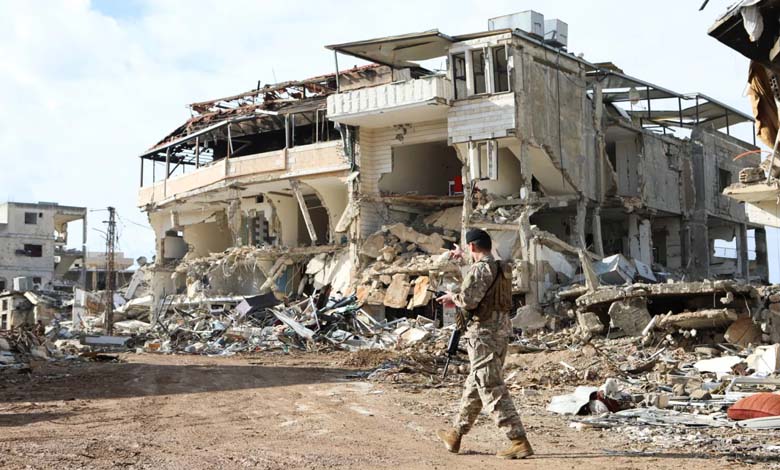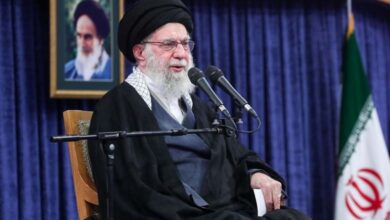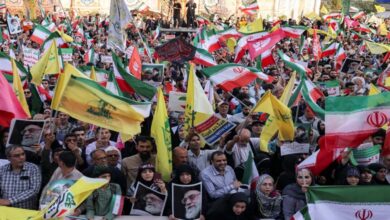Nearly a Year After the Lebanon Truce: Incomplete Peace and Elusive Security

In southern Lebanon, where calm was expected to prevail nearly a year after the truce with Israel, nothing suggests that the war has truly ended.
The sky still echoes with the roar of Israeli aircraft, the land remains burdened with rubble, and thousands of displaced people spend their days in schools that have turned into permanent shelters.
In Tyre, Naqoura, and Bint Jbeil, residents speak of a truce “written only on paper,” while the reality on the ground tells the story of a conflict that continues beneath the surface of diplomatic language.
-
The recent escalation in Gaza: will it accelerate international oversight of the truce?
-
Amnesty International calls for investigation into alleged Israeli war crimes in southern Lebanon
A fear reborn every morning
In a village near Bint Jbeil, Souad, a mother of five, says: “We sleep to the sound of planes above us and wake up to the news from the border. Who said the war is over? It has only changed form.”
This constant fear has turned women into the first line of defense for their families — raising children in endurance and managing survival amid rising unemployment and collapsing basic services.
With the destruction left by previous battles, reconstruction is no longer a priority in a country gripped by a deep economic crisis. Amira, a teacher from Tyre, told Reuters: “We’re fighting on more than one front: against high prices, power cuts, the fear of war, and the fear of hunger.”
-
The Countdown to Trump’s Inauguration: Gaza Truce Hopes Fade amid Rising Tensions
-
“The Truce Crescent” Attempts to Tear the Clouds of Gaza War… Positive Expectations for a Near Breakthrough
Even the humanitarian aid once distributed to families has dwindled, while the cost of living has soared to the point where many women are contemplating emigration. Yet leaving the South means abandoning their roots — “a different kind of death.”
Munifa Eidibi, who once owned a restaurant in Bint Jbeil, now runs a community kitchen that serves over a thousand meals a day to displaced people sheltering in Tyre’s schools.
Watching the cooks who have lost their homes, she says: “We thought the war ended after 66 days, but people never returned home. We’re still living in war.”
The recent airstrikes on Bint Jbeil, which killed several children, serve as a stark reminder that the truce was only a quiet chapter in an ongoing conflict.
-
“Military Indicators”: Israel Prepares the Ground for a Ceasefire in Lebanon
-
Proposal “Under Negotiation” in Lebanon: 3 Elements, Guarantees, and Russian Role
A postponed peace
For the women of the South, the truce feels like a pause between two wars. Every border flare-up revives memories of displacement and destruction, while husbands and sons live between two possibilities: returning to battle or leaving in search of safety.
Still, some hold on to hope. Fatima, from the town of Maroun al-Ras, says: “We have the right to dream of real peace, not a truce that ends with an even stronger war.”
For southern women, war is not an event that ends with a ceasefire — it is a lingering memory, woven into daily conversations, the photos of the missing, and every Israeli aircraft that passes overhead.
As the world watches to see whether the truce will hold, the women of southern Lebanon know that war is not fought only on front lines, but also in daily life — in patience, waiting, and the struggle to endure against all odds.
-
Lebanon Hopes for International Support to Address the Refugee Crisis
-
Massive destruction as thousands of displaced Palestinians return to Gaza
Reconstruction: A distant promise
The World Bank estimates the cost of rebuilding southern Lebanon at $11 billion, but funding remains “on hold” until Lebanon agrees to disarm Hezbollah, according to Western diplomats.
Meanwhile, the border villages remain in ruins, with no reconstruction projects in sight, as residents wait for “a peace that never comes.”
Bidaya Suleiman, newly elected to the municipal council in Houla, told Reuters: “From what I see and hear from people, the war is still ongoing — and so is its pain.”












